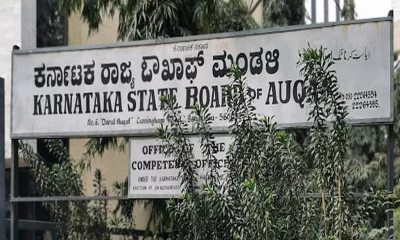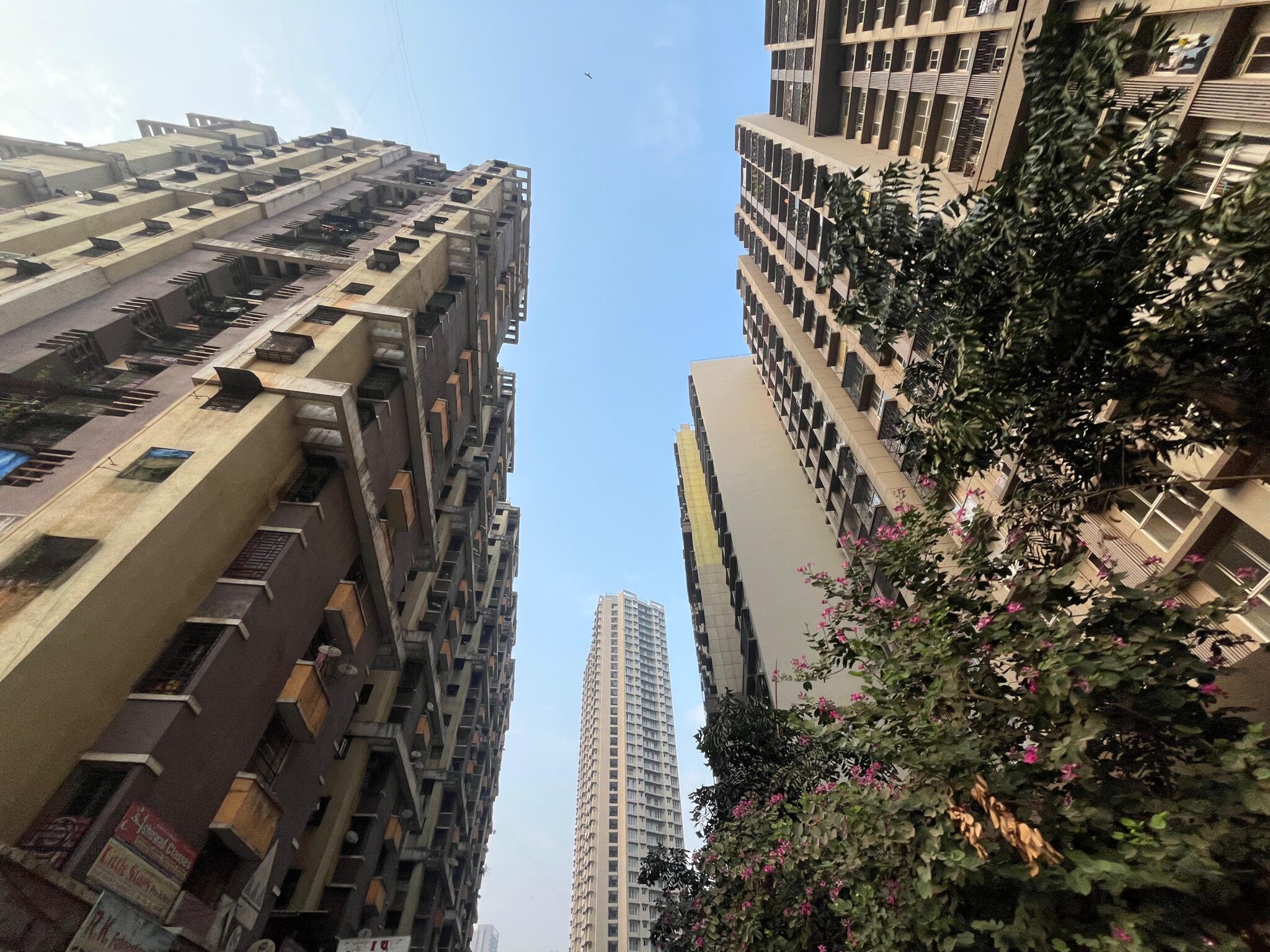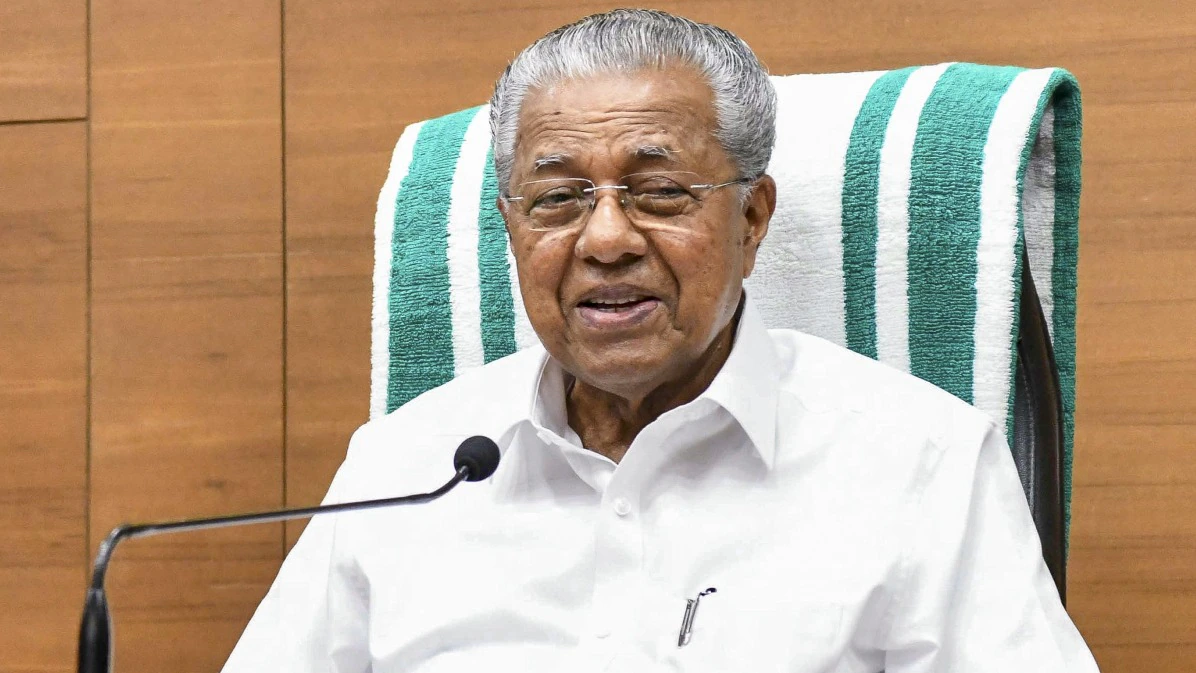Bhuvana Iyer – Mumbai Uncensored, 25th February 2022
A PIL has been filed in the Supreme Court seeking to hold political parties accountable to the essential rational promises made in their election manifestos and make them legally enforceable.
The PIL, filed by lawyer Ashwini Kumar Upadhyay through his advocate Ashwani Kumar Dubey, also sought directions to the Election Commission to regulate functioning of registered and recognized political parties and to seize the symbol and derecognize/deregister parties that fail to fulfil their essential rational promises of their election manifesto.
The PIL sought direction from the Ministry of Law & Justice to take appropriate steps to regulate the functioning of registered and recognized political parties.
According to the PIL, on 15.12.2020, Justice Reva Khetrapal retired as Delhi Lokayukta but the Government did nothing to fill the post till date and hundreds of complaints relating to corruption are pending in the office.
The PIL states Delhi is governed by Aam Aadmi Party, which was formed after historic Anna Movement, seeking Lokpal at Centre, Lokayukta in State and Citizen Charter in every department but it did not amend Lokayukta Act in spirit of Lokpal and Lokayukta Act 2013 and is still using outdated ineffective 1995 Act.
The petitioner submitted that the fulcrum of democracy is the fair electoral process. If the integrity of the process is compromised, then the notion of representation becomes vacuous. Political parties are promising irrational freebies but not fulfilling essential promises. So, the danger to democracy and the Indian republic cannot be gained, the PIL says.
Therefore, the petitioner requested the Court to analyse whether political parties are really concerned about governance or do they cynically participate in the evisceration of the democratic electoral process.
The petitioner submitted that Centre and ECI have not taken steps to regulate the functioning of political parties and to regulate the manifesto. So, the Court is the only hope of citizens.
Injury to Citizens is Large because AAP promised Janlokpal Bill-Swaraj Bill in 2013, 2015 and 2020 election manifesto but did nothing to effectuate them. This is happening in all States because neither Centre has enacted a law to regulate the functioning of political parties and their election manifesto nor ECI made guidelines under Article 324. The petitioner submits that rather than taking effective steps to secure social economic political justice, liberty of thought expression, belief faith worship, equality of status-opportunity, and to promote fraternity assuring the dignity of individual and unity-national integration; political parties fulfil only freebies.
It is highlighted that political parties must not only mention the respective Articles of the Constitution while promising to enact a new law in their election manifesto but must also mention the timeline and deadline. Similarly, political parties must not only mention the steps to control corruption, crime, casteism, communalism, linguism, radicalism and fundamentalism but also mention essential steps to secure important fundamental rights – right to health, right to education, right to shelter, right to road access, right to water, right to food, right to dignity, right to employment, right to justice, right to legal aid, right to clean environment in election manifesto. But, Centre & ECI did nothing in this regard.
The PIL said that in Bhutan and Mexico, political parties are required to submit a copy of their manifesto to Election Commission before a primary round of National Assembly elections and manifestos are published only with the approval of the Commission, after thoroughly vetting and filtering out issues with the potential to undermine security and stability of the nation. In the United Kingdom and Netherland, legal provisions are applicable and offensive campaign materials are screened and taken out. This principle must be applied to India as well.





 Health2 days ago
Health2 days ago


 Special Editions2 days ago
Special Editions2 days ago


 Special Editions2 days ago
Special Editions2 days ago


 Special Editions3 months ago
Special Editions3 months ago


 Special Editions2 days ago
Special Editions2 days ago













